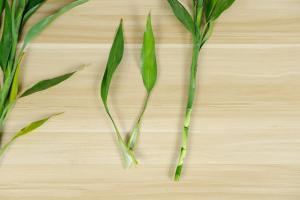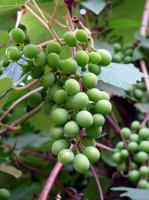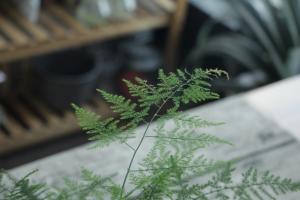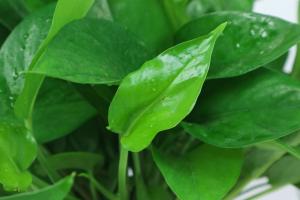Does Spraying Vegetable Plants with Soapy Water Really Work?
Gardening enthusiasts are always on the lookout for ways to keep their vegetable plants healthy and free of pests. One method that's been gaining popularity lately is spraying the plants with soapy water. But does it really work? Let's explore the benefits and potential drawbacks of using soapy water on your vegetable garden.
The Benefits of Soapy Water
The theory behind using soapy water on vegetable plants is that it can suffocate and kill harmful insects, such as aphids, spider mites, and whiteflies. The soap acts as a surfactant, breaking down the insects' waxy exoskeletons and making them vulnerable to dehydration. Additionally, soapy water can wash away dust and grime that might be clogging up the plants' pores, thus improving their ability to breathe and absorb nutrients. Furthermore, using soapy water is a natural and non-toxic alternative to chemical pesticides, which can harm beneficial insects and contaminate the soil.
The Potential Drawbacks of Soapy Water
While soapy water can be an effective and gentle method of pest control, it's important to use it correctly and in moderation. Excessive or improper use of soapy water can harm your vegetable plants and the ecosystem as a whole. For example, using too much soap or spraying it too frequently can build up a layer of residue on the plants, which can attract more pests and hinder their growth. Moreover, using soapy water on delicate or water-sensitive plants can cause leaf burn or root damage. Additionally, while soapy water might kill harmful insects, it can also harm beneficial ones such as ladybugs, bees, and butterflies, which are essential for pollination and natural pest control. Always read the label and use soapy water according to the instructions, and avoid spraying it on windy or rainy days.
How to Make Soapy Water
If you decide to try using soapy water on your vegetable plants, you can make it at home with common household ingredients. Mix 1-2 teaspoons of mild liquid soap (such as Castile soap or dish soap) with 1 quart of warm water in a spray bottle, and shake well. Test the spray on a small section of your plants before applying it to the whole garden, to make sure it doesn't cause any negative side effects. Use a fine mist setting and spray the plants evenly, making sure to cover both sides of the leaves and the stems. Always avoid spraying the flowers or buds directly, as this can impair their growth.
Conclusion
Does spraying vegetable plants with soapy water work? The answer is yes, but with some caveats. Soapy water can be a useful tool in maintaining a healthy and pest-free vegetable garden, as long as it's used appropriately and in moderation. It's a natural and eco-friendly alternative to chemical pesticides, but it's not a magic cure-all. By weighing the benefits and potential drawbacks, and making sure to follow the instructions, you can decide whether soapy water is a good fit for your gardening needs.

 how many times do yo...
how many times do yo... how many planted tre...
how many planted tre... how many pine trees ...
how many pine trees ... how many pecan trees...
how many pecan trees... how many plants comp...
how many plants comp... how many plants can ...
how many plants can ... how many plants and ...
how many plants and ... how many pepper plan...
how many pepper plan...
































